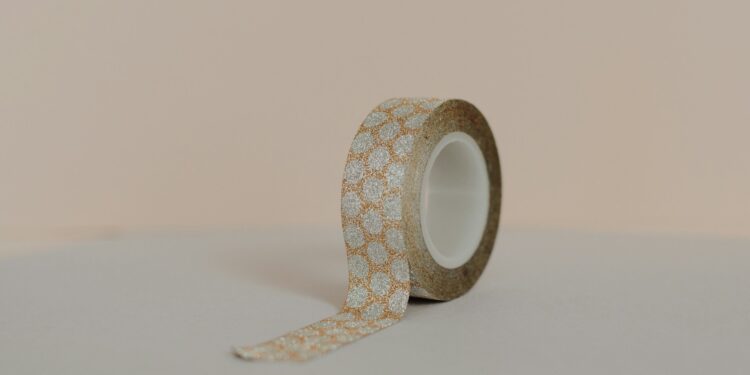The popular sleep trick may be doing more harm.
Mouth taping has recently surged in popularity on social media, thanks in part to endorsements from celebrities like Gwyneth Paltrow and Ashley Graham. The trend involves taping the mouth closed during sleep to discourage mouth breathing, with the hope of reducing snoring, improving sleep quality, and potentially addressing mild sleep apnea.
However, a recent analysis suggests that the evidence supporting these supposed benefits is weak—and in some cases, the practice may actually be dangerous.
According to the review led by Dr. Brian Rotenberg, a professor of otolaryngology at Western University in Ontario, the trend is not backed by solid scientific support. “The viral promotion of mouth taping as a sleep aid is largely driven by poor evidence and could be hazardous, particularly for individuals who have nasal blockages,” the research team stated.
The researchers examined 10 existing studies involving a total of 213 participants. These studies tested various methods of keeping the mouth closed during sleep, including tape and devices such as chin straps. The review was conducted in response to growing online claims that mouth taping can enhance sleep, reduce signs of aging, and alleviate issues like dry mouth and bad breath.
Celebrity endorsements have fueled the trend. For example, Paltrow reportedly praised mouth taping on Instagram, calling it “the best wellness tool” and claiming it helps create body alkalinity and improves sleep quality.
Out of the ten studies reviewed, only two indicated that mouth taping might offer some benefits for people with mild forms of sleep apnea. In contrast, four studies raised concerns about potential dangers, including suffocation, especially in people who breathe through their mouths due to nasal obstructions.
Conditions like allergies, sinus congestion, a deviated septum, or enlarged tonsils could make nasal breathing difficult or impossible—making mouth taping particularly risky for those individuals. The researchers also pointed out the potential risk of choking if a person were to vomit in their sleep while their mouth was taped shut.
“Mouth taping is a modern wellness trend that often gains traction through celebrity promotion but lacks consistent scientific backing,” the researchers concluded. “It is not suitable for everyone and may pose significant health risks in certain cases.”
The team emphasized the need for more robust and higher-quality research before making definitive conclusions about the safety and effectiveness of this practice.

































Discussion about this post